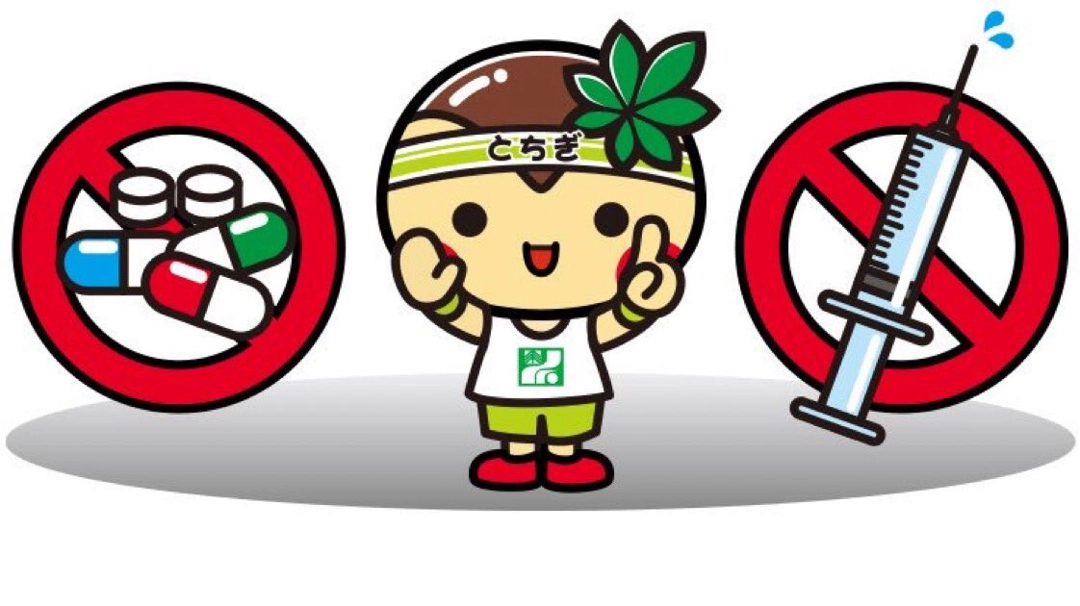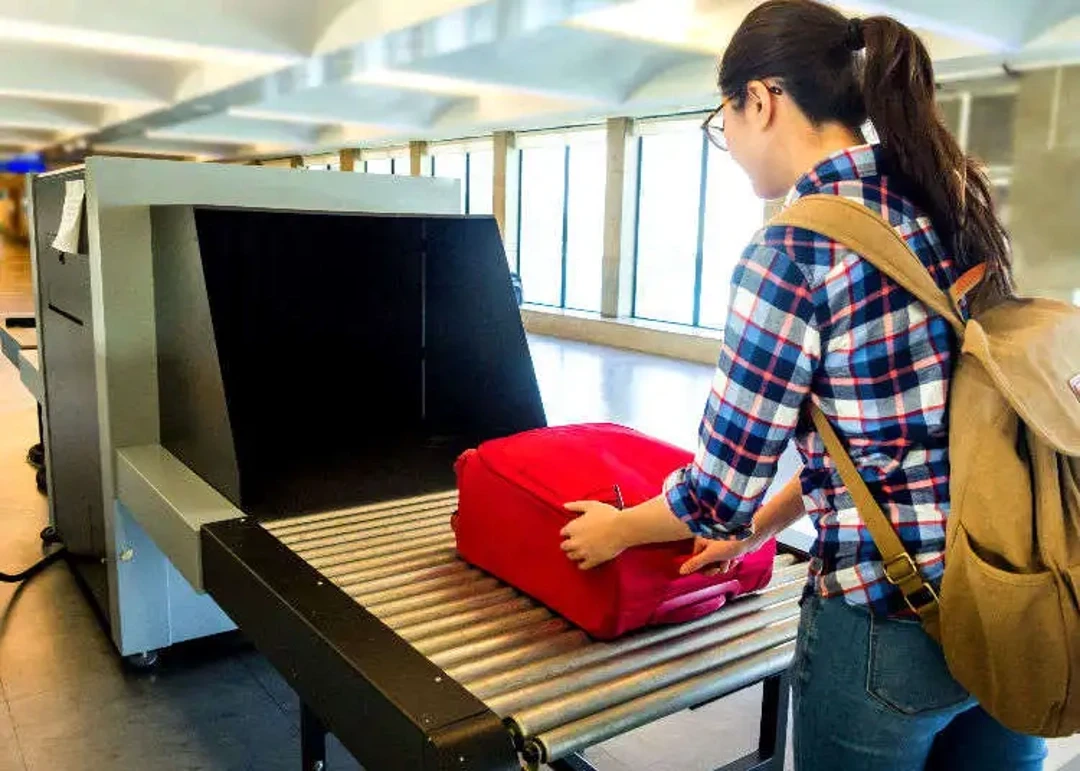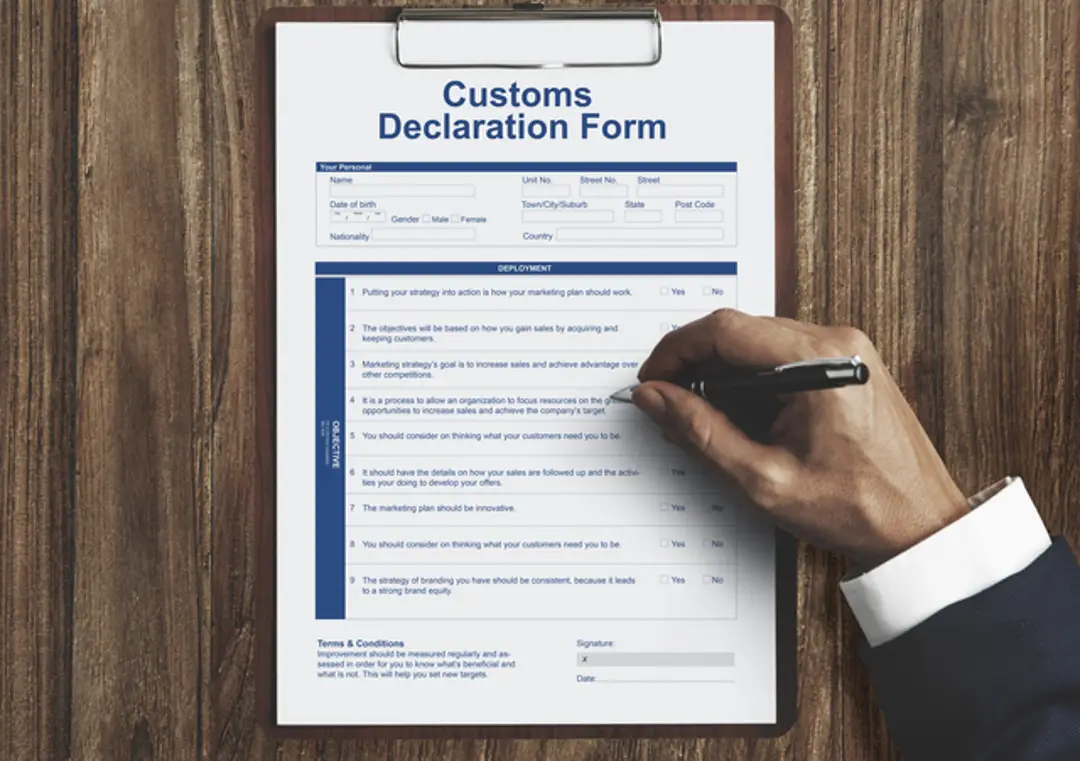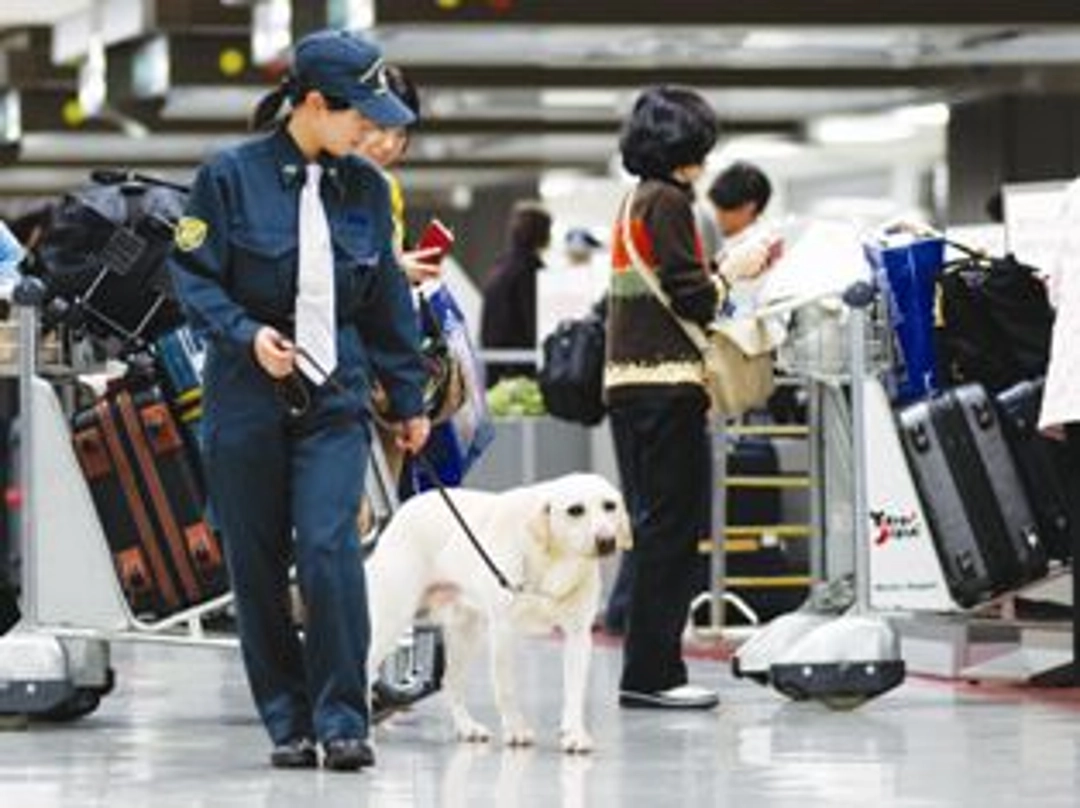When visiting Japan, you need to know about the country’s strict medication laws.
Japan has a list of the medications that are allowed to be imported into the country and medications that are commonly prescribed around the world may be on the prohibited list.
In this post, we’ll explain what to keep in mind and navigating Japanese customs so that you can stay out of trouble and have a stress-free trip.

Understanding Japan's Medication Restrictions
In Japan, medications are divided into different classes, each with its own rules:
1. Prohibited Medications
The following substances are prohibited globally, regardless of their legality in other countries:
No Drugs or Precursors: Heroin, opium, methamphetamine, and amphetamine are illegal.
Stimulant-Containing Medications: Any medication containing stimulants, like pseudoephedrine (found in many allergy and sinus medicines), is prohibited.
Codeine-Containing Medications: Medications with codeine are also prohibited.
Bringing them to Japan is asking for trouble and can get you arrested and detained, even with a prescription from your country of origin.

2. Prescription Medications
For some prescription medications — including narcotics and psychotropics — you need approval in advance from Japan:
Advance Permission Required: If you’re traveling with any of the above prescribed drugs, you need to get permission from the Japanese Ministry of Health, Labour and Welfare before you arrive in Japan.
Additional Requirements: A note from your doctor explaining why you need to take the medicine, your name, medical condition, medicine dosage and the doctor’s signature.
3. Over-the-Counter (OTC) Medications
Though some OTC meds are allowed, many are highly regulated based on the ingredients:
Over-the-Counter Medications Permitted: Two-month supply of an allowable over-the-counter medication may be brought in free of duty.
Restricted Over-the-Counter Drugs: You can’t bring in medications that contain pseudoephedrine, codeine, or certain stimulants.
Handling Personal Medications: Key Tips for Travelers
When traveling to Japan, bringing your own medication involves preparation at home to make sure you meet all the requirements.
Here are a few helpful strategies that you should consider:
1. Carry Medication in Your Carry-on:
If you’re taking medication, be sure to keep the drugs with you in your carry-on bag. That’s especially important if you require certain medication during the flight. It also makes it easier to present them to customs officers in Japan.
2. Get prescription labels in Japanese:
It’s useful to carry medication labels in Japanese to show any customs officials if they have a concern. It is not mandatory but showing a Japanese label will speed things up if questioned.

3. Understand the Restrictions:
While Japan’s two-month rule permits both over-the-counter and prescription medications, only one-month is allowed. Quantities over one month even contests will require the “Yakkan Shomei” (import certificate) to be sent over to them, and this process can take time.
4. Chronic Condition Medications:
Travelers with chronic conditions, such as diabetes or asthma or epilepsy, should pack enough medication for their entire trip. If the medication is a controlled substance in Japan, always get the correct permission before arrival.
5. Medications for Common Travel Illnesses
Medicines you might need in Japan include:
Cold and Flu Medicine: You can’t bring most over-the-counter cold medications that contain pseudoephedrine or codeine, however, there are other options besides common cold and flu to get in Japan, like flu medication tablets or cough drops.
Pain Relievers and Antacids: You can bring over-the-counter options like aspirin, ibuprofen, and antacids. If you have a preferred brand, bring a supply from home as some products may not be available.

Ensuring Compliance: What to Do Before You Go
If you want to avoid any complications with your medications when you arrive in Japan, you should take the following steps long before you leave:
1. Research Medication Laws
Make sure you look up the most recent medication laws in Japan. Always find out which medications you can bring and what documentation is required. The Japanese Ministry of Health site or the embassy will have the most current information. Some people have even had no issues bringing them in.
2. Consult Your Doctor
Discuss your medication with your doctor, as they may be able to adjust your prescription and send you the documentation you need.
3. Contact Japan’s Ministry of Health, Labour and Welfare
Whenever you’re unsure about whether a particular medication is allowed into Japan, it’s always a good idea to contact Japan’s Ministry of Health and Welfare in advance.

What to Do If Your Prescription Medication Is Confiscated at the Border
However, if customs officials do seize your medication, here is what to do:
1. Stay Cool and Cooperative:
Don’t argue should the customs officers tell you that your medication is banned. They will probably ask for proof of why you need it. Stay cool, supply your documents, and work with the police.
2. Apply for a Temporary Hold:
If you are not in possession of all necessary documents, customs may issue you a temporary hold so that you can apply for the documents or request an import permit from the Ministry of Health, Labour, and Welfare.

3. Get Advice and Support from Your Embassy:
If your medication is confiscated and you do not have a prescription and/or medical paperwork, turning to your embassy for consular assistance can be beneficial. It can offer legal information and may be able to engage with local officials on your behalf.
FAQs
1. How do I get an import certificate for my medicine?
You can learn more about and obtain a Yakkan Shomei at the Japanese Ministry of Health, Labour, and Welfare’s website, or contact the embassy of Japan in your home country to apply. The process may take weeks, so do this far in advance.
2. Are over-the-counter medications available in Japan?
Yes, there are different over-the-counter medicines available in Japanese pharmacies for common illnesses like cold and flu symptoms as well as pain relief and digestive issues.
3. Can I refill my prescription medicines in Japan?
You can also see a doctor locally to get a prescription for a Japanese equivalent to any essential medications you may be taking. However, prescriptions from your home country sometimes aren’t be accepted.
4. Do you need travel insurance for prescription drugs in Japan?
I highly recommend getting travel insurance that will cover medical expenses – this includes prescription medications. In the event of an emergency, it could mitigate the cost of seeing a doctor or getting medications.
Conclusions
There’s no reason to stress about bringing medication with you to Japan, as long as you have a basic understanding of the rules and don’t wait until the last minute to get everything in order.
Be sure that your medications are legal, correctly labeled, and only in the necessary quantities. Then you can go worry-free, and still explore this beautiful country while taking care of yourself.
